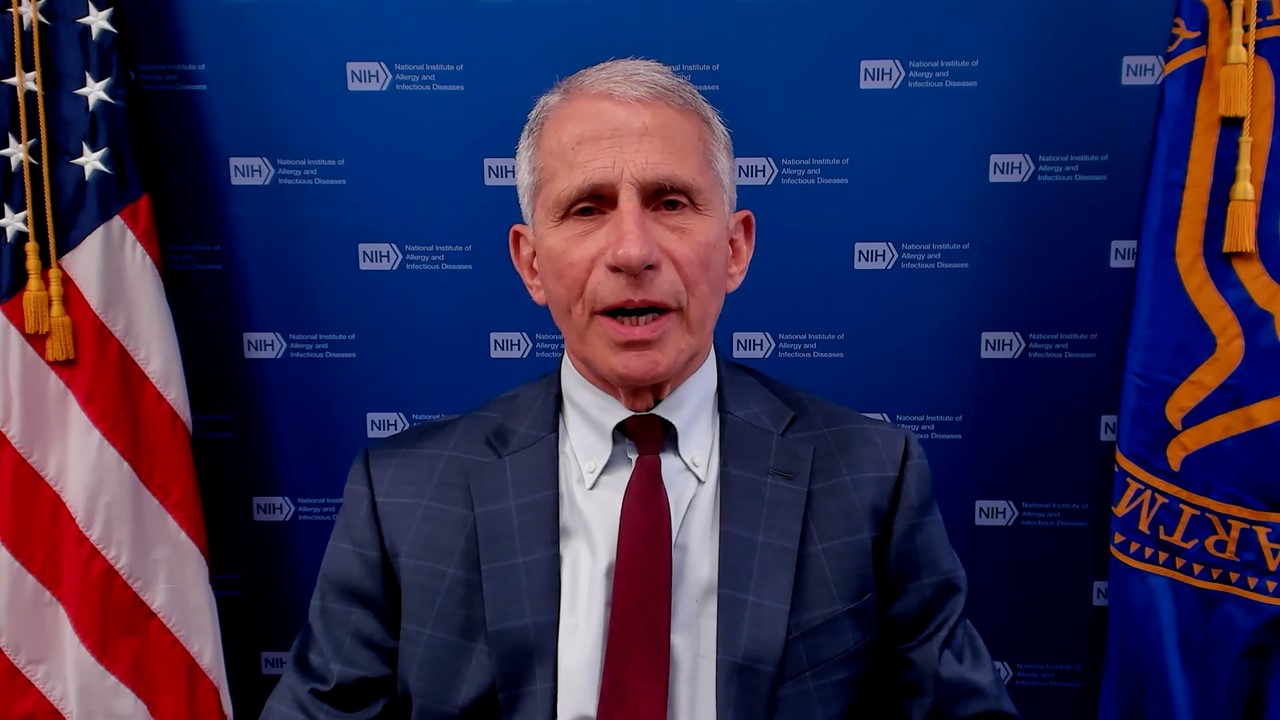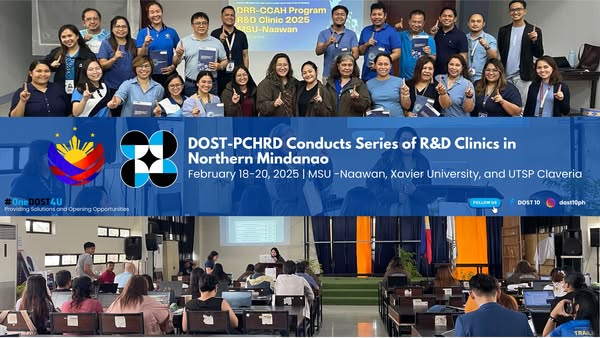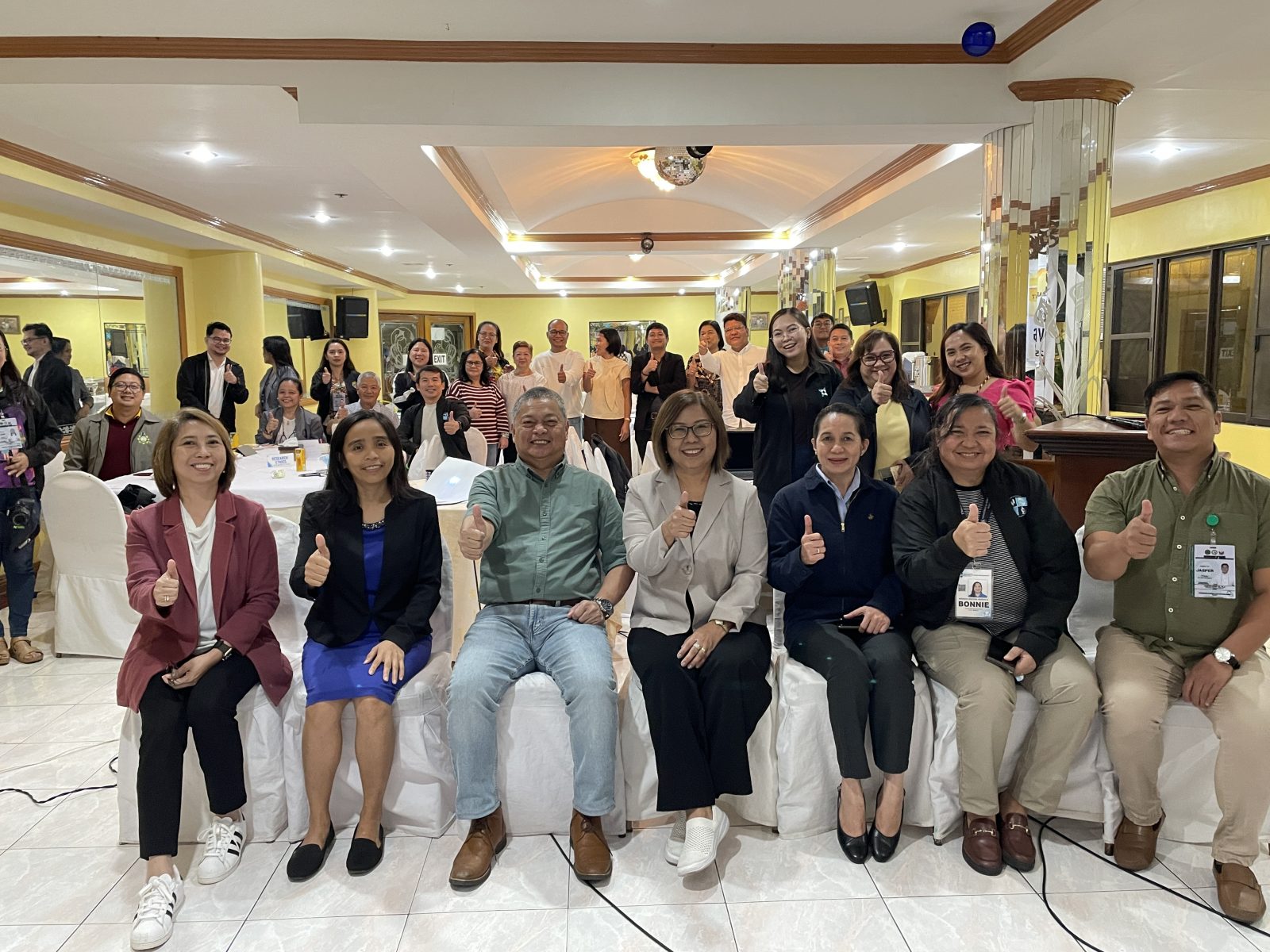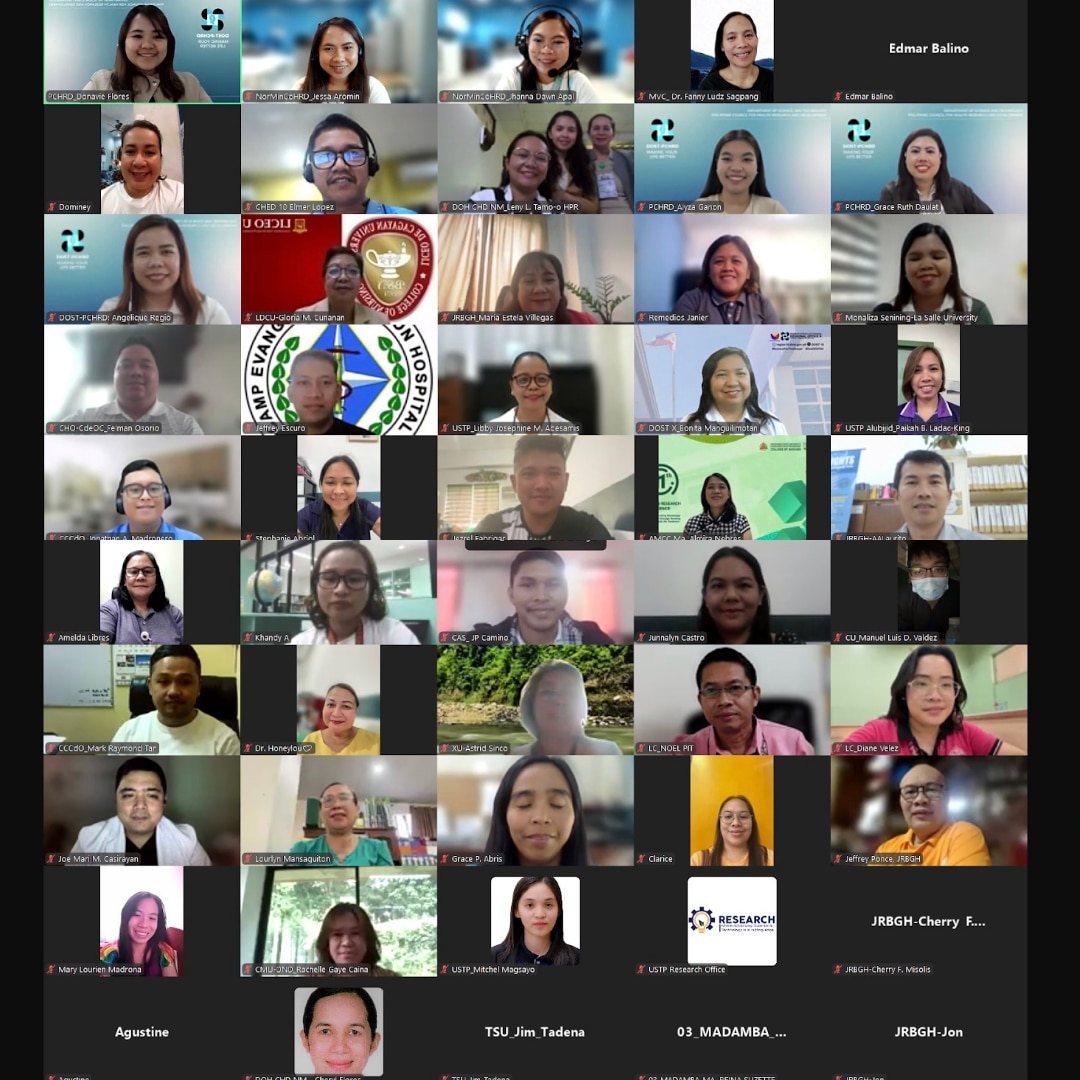“The Philippines has long recognized the value of science.”
Director of the National Institute of Allergy and Infectious Diseases (NIAID) of the United States National Institutes of Health (US-NIH) Dr. Anthony Fauci lauds the country’s efforts and contributions to health research during his keynote message for the 43rd Annual Scientific Meeting of the National Academy of Science and Technology (NAST) last 13 July 2021.

“Talented Filipino scientists from your outstanding institutions participated in multiple AIDS research networks that have advanced the global understanding of HIV prevention, treatment, and care particularly while addressing tuberculosis (TB) as a comorbidity in resource challenge settings.”
For instance, one of the country’s ongoing initiatives against HIV includes the development of a diagnostic kit which can detect whether a patient is resistant to antiretroviral drugs. With support from the Department of Science and Technology – Philippine Council for Health Research and Development (DOST-PCHRD), this project by the University of the Philippines Manila – National Institutes of Health (UPM-NIH) will allow doctors to decide on the course of treatment that will work best for their patients.
Aside from citing initiatives on HIV, Dr. Fauci also highlighted the country’s fight against TB. “Filipino scientists have helped lead the way in studies of tuberculosis, particularly multi-drug resistant TB. The work in the Regional Perspective Observational in Tuberculosis (RePORT) network is especially important and promising. With continuing support from the Philippine DOST, the Philippines is sure to make a significant contribution in the global fight against TB.”
RePORT is an international network of regional consortia that serves as a platform for data exchange on TB research among its member countries. The DOST-PCHRD leads RePORT Philippines through which it supports research on TB in the country as well as possible novel drugs, diagnostic tests, vaccines, and other health technologies for the disease. Two of the Council’s partners conducting TB research are the De La Salle Medical and Health Sciences Institute (DLSMHSI) and the UPM- NIH.
The country’s research efforts on other communicable and non-communicable diseases were also recognized, “Philippine institutions have played an important role in other infectious diseases research, for example, Filipino scientists continue to lead research on dengue and other deadly viruses like malaria and schistosomiasis building on prior NIAID support the Filipino studies on these pathogens.”
“Given its track record, I also see great value in the Philippines expanding its scientific leadership role in the Asia Pacific Region,” said Dr. Fauci, citing the DOST-PCHRD’s participation in the e-Asia Joint Research Program (JRP), a multilateral cooperation between countries from East Asia which supports joint research initiatives. In the first quarter of 2020, the Council opened the 10th e-Asia JRP Joint Call for Proposals in the Philippines which focused on infectious diseases and cancer.
“In closing, I want to emphasize the importance of sustained local support for scientists and scientific institutions in the Philippines and elsewhere. This support is a necessary foundation to attract funding from outside the country. It is also an essential element for economic vitality and growth,” said Dr. Fauci.
_____________________________________________________________________________________________________
As the leading body for health and health-related research initiatives in the country, the DOST-PCHRD is committed to advancing health research efforts to make lives better for the Filipino by leveraging local and international partnerships.
Currently, the Council is accepting research proposals on its research priorities for year 2023 which include biomedical devices engineering in health, genomics technologies, re-emerging and emerging diseases, and more. To submit a proposal, visit dpmis.dost.gov.ph.
Written by:
Alyana Kaye Bacarra
Jwynne Gwyneth Macan








